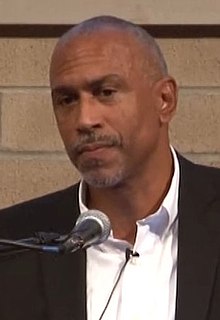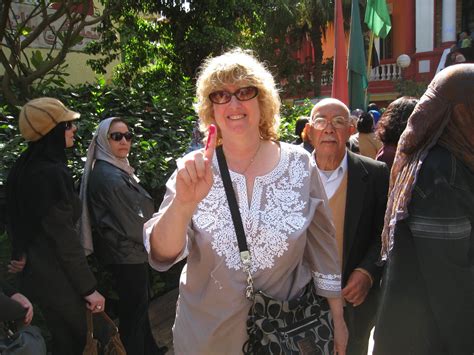A Quote by Wendy Kopp
All over the world, children facing the challenges of poverty attend schools that aren't designed to meet their extra needs; across country lines, the lives of marginalized kids look far more similar than they do different.
Related Quotes
I'm an advocate of music in schools. It's important to me that music is in as many schools as possible across this country and across the world. I think that it's a lost art form because kids aren't as exposed to it as maybe they used to be, or should be. I was exposed heavily to jazz and that's why I love it.
So you think the best way to prepare kids for the real world is to bus them to a government institution where they're forced to spend all day isolated with children of their own age and adults who are paid to be with them, placed in classes that are too big to allow more than a few minutes of personal interaction with the teacher-then spend probably an hour or more everyday waiting in lunch lines, car lines, bathroom lines, recess lines, classroom lines, and are forced to progress at the speed of the slowest child in class?
Egypt's priorities in fact are all related to the environment: food, water, health, energy, employment and education. Egypt is facing some very serious environmental challenges. The country has limited natural resources and has to decide how to manage these to meet the needs of a growing population.
African American children are significantly more likely to be obese than are white children. Nearly half of African American children will develop diabetes at some point in their lives. People, that's half of our children. ...We can build our kids the best schools on earth, but if they don't have the basic nutrition they need to concentrate, they're still going to have a challenge learning.
As the issue of youth fitness - from obesity to proper exercise regimens - takes on more resonance in schools and communities across the country, CrossFit Kids and other preschool fitness programs are raising questions about when and how children should start playing organized sports or hitting the gym.
































